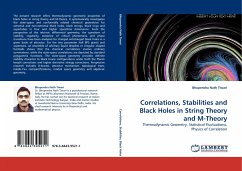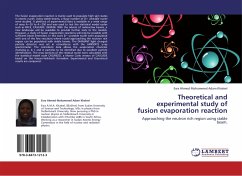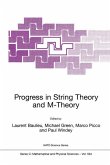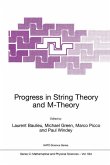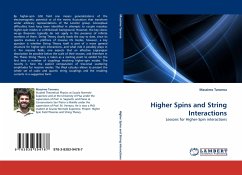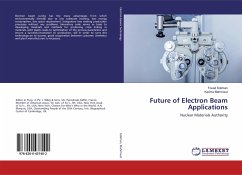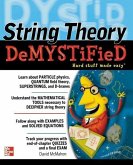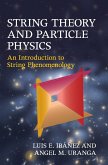The present research offers thermodynamic geometric properties of black holes in string theory and M-theory. It systematically investigates the state-space and conformally related chemical geometries for extremal and non-extremal black holes, black strings, black rings and supertubes in four and higher spacetime dimensions. From the perspective of the intrinsic differential geometry, the questions of stability, regularity, existence of critical phenomena and phase transitions have been analyzed for charged anticharged black holes in a given basin of attractor. For the two parameter half BPS giants and superstars, an ensemble of arbitrary liquid droplets or irregular shaped fuzzballs shows that the chemical correlations involve ordinary summations, while the state-space correlations are depicted by standard polygamma functions. The state-space geometry provides definite stability character to black brane configurations under both the Planck length corrections and higher derivativestringy corrections. Perspective research includes D-branes, attractor mechanism, topological trees, Calabi-Yau compactifications, moduli space geometry and algebraic geometry.
Bitte wählen Sie Ihr Anliegen aus.
Rechnungen
Retourenschein anfordern
Bestellstatus
Storno

